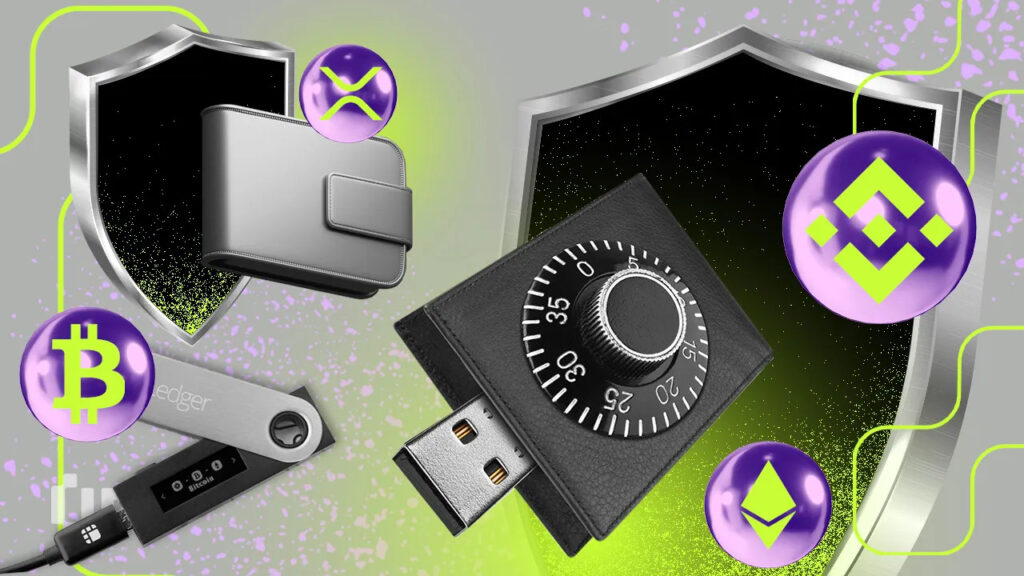Secure Your Digital Assets: Top 3 Bitcoin Wallets for 2024
Choosing a Bitcoin wallet for 2024 is crucial for your crypto security and convenience. Our selection of the top 3 bitcoin wallets for 2024 showcases secure, user-friendly, and feature-rich choices, uniquely positioned for the year ahead. Engage with an introduction to each wallet’s core advantages, poised to inform your decision without overwhelming technicalities.
Key Takeaways
- Crypto wallets in 2024 place significant emphasis on security, with top wallets like Ledger Nano X and Trezor Model T offering robust features such as end-to-end encryption and multi-signature support, coupled with user-friendliness for both novices and experienced users.
- Ledger Nano X, Trezor Model T, and Exodus are the leading Bitcoin wallets of 2024, offering a combination of security, ease of use, and support for multiple cryptocurrencies, with features like mobile connectivity, intuitive touchscreens, and desktop-software integration.
- The evolving crypto wallet technology is focusing on balancing security with convenience, incorporating biometric authentication, and facilitating integration within the wider crypto ecosystem for DeFi and NFT interactions while also navigating the growing landscape of regulatory compliance.
Choosing Your Bitcoin Guardian: The Best Bitcoin Wallets of 2024
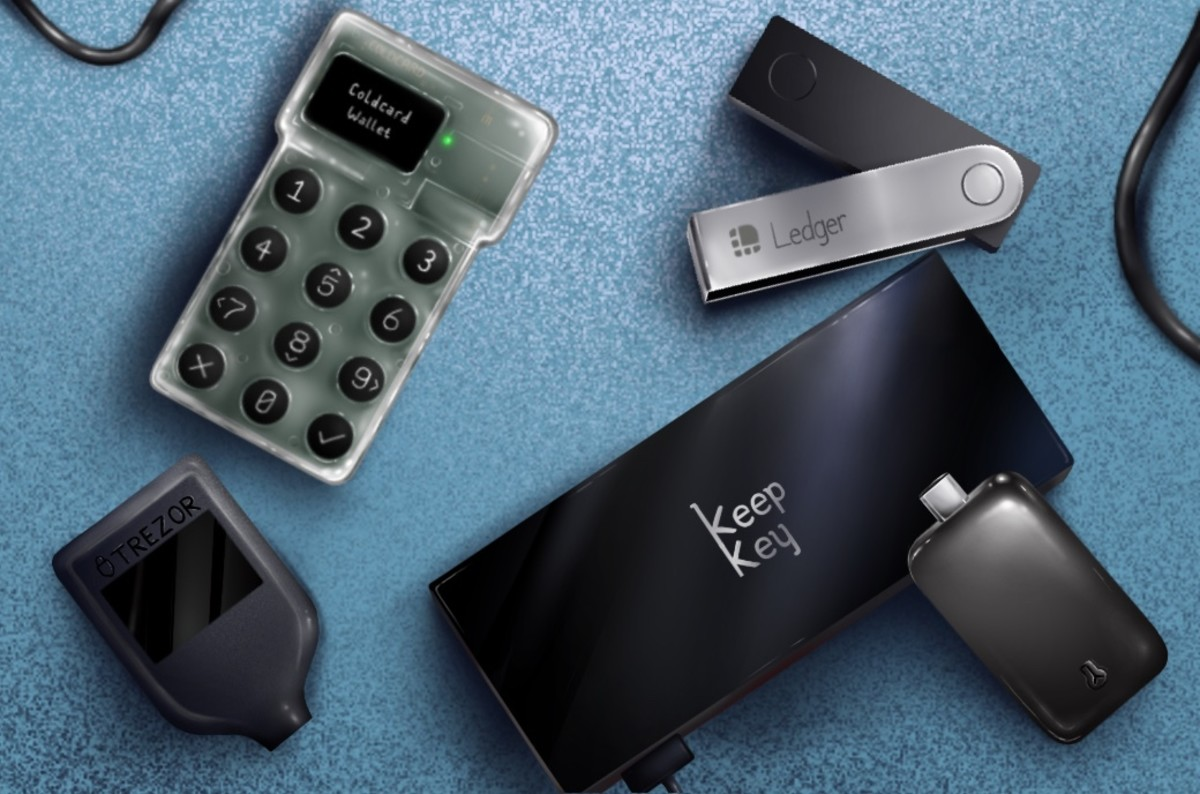
Selecting the ideal Bitcoin wallet is not a one-size-fits-all affair. A thorough review of the wallet’s security measures is paramount. Look for features such as two-factor authentication (2FA), end-to-end encryption, and multi-signature support.
Beyond security, consider the wallet’s compatibility with various cryptocurrencies and devices. While Bitcoin may be the reigning king of cryptocurrencies, it’s wise to consider a cryptocurrency wallet that supports a broader array of digital currencies. Such versatility caters to diverse investment strategies and offers a safety net should you decide to diversify your portfolio.
Lastly, consider the wallet’s user-friendliness. The best Bitcoin wallets offer an intuitive user interface and easy navigation, appealing to both experienced users and beginners. A wallet’s reputation within the community, often gauged through consumer feedback, should also inform your decision.
Unveiling the Champions: Our Top 3 Picks for Bitcoin Wallets
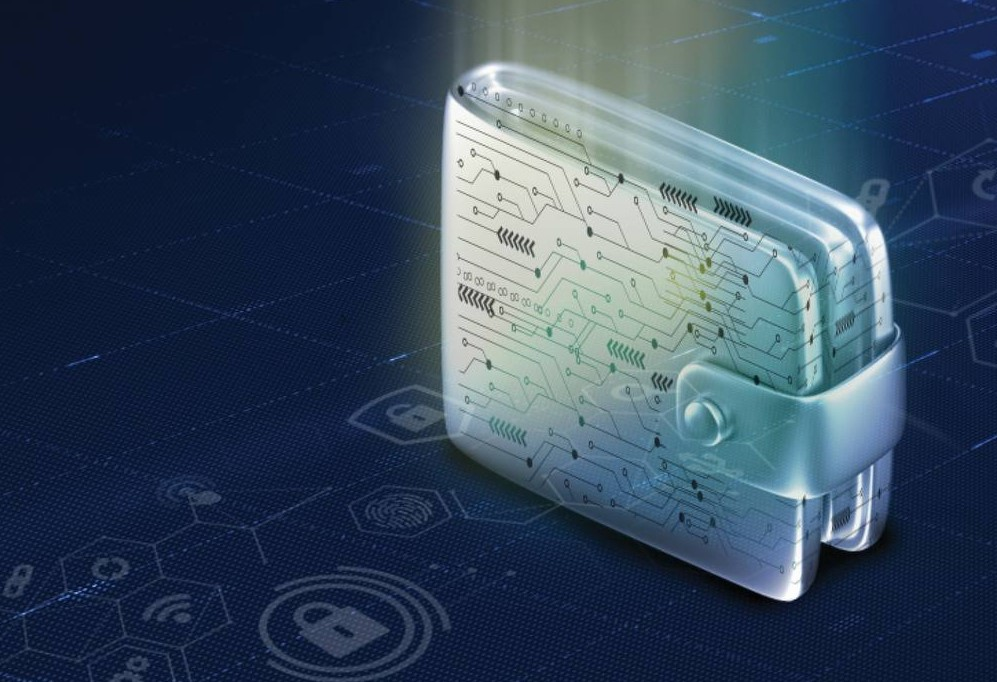
The vast array of Bitcoin wallets can be overwhelming to navigate. That’s why we’ve narrowed down the options to our top three picks for 2024: Ledger Nano X, Trezor Model T, and Exodus. These top contenders balance robust security, ease of use, and broad cryptocurrency support. Let’s delve into the details of each.
Ledger Nano X – The Mobile Fortress
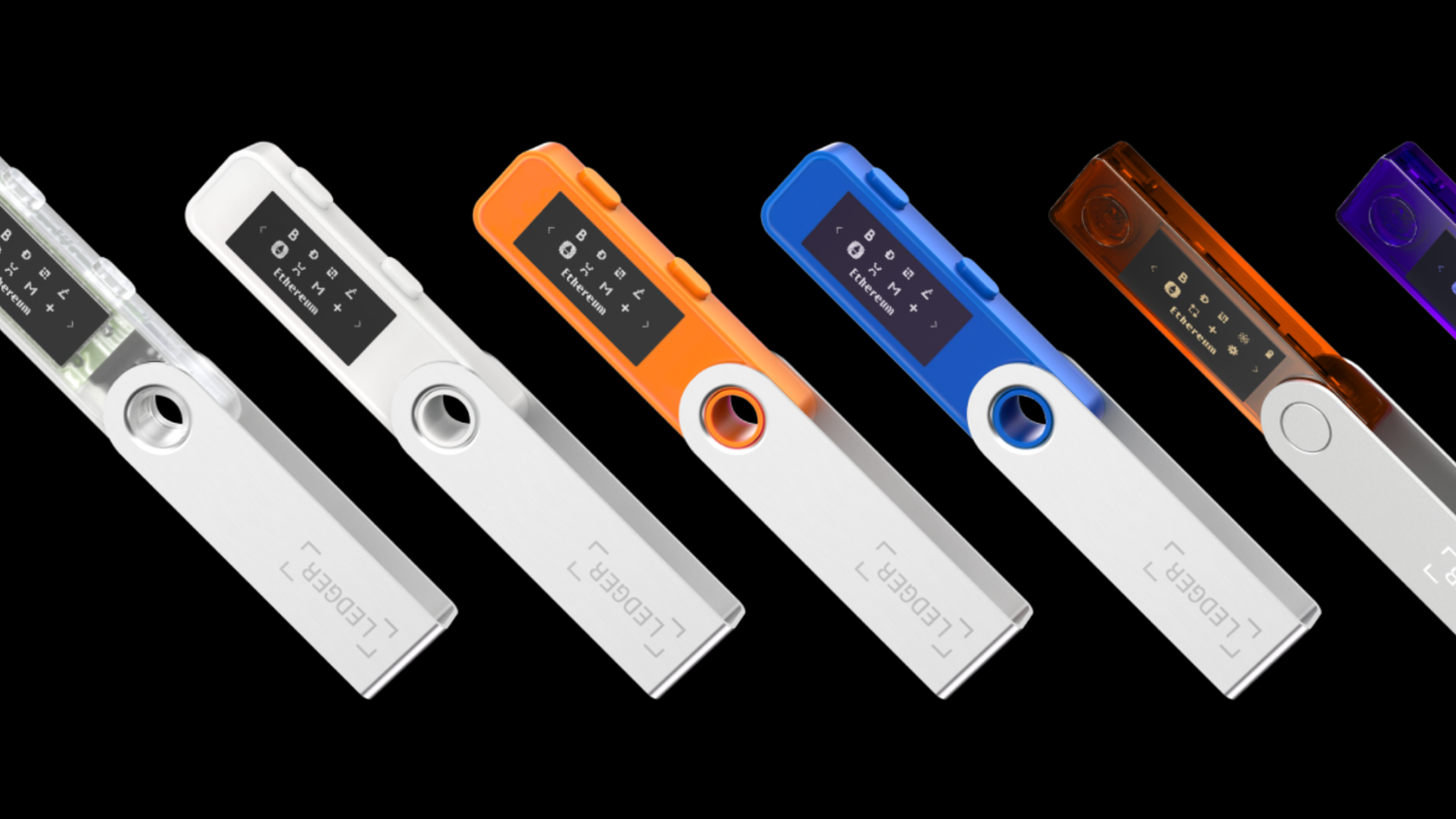
Introducing Ledger Nano X, the leading choice among mobile hardware wallets, offering you the freedom to manage your crypto assets with its mobile wallet feature. With Bluetooth connectivity, it pairs seamlessly with both Android and iOS devices, allowing you to manage your crypto assets on the go.
But don’t let its mobility fool you. Ledger Nano X is a fortress when it comes to security. It boasts:
- Dual-chip architecture
- Ledger’s BOLOS operating system
- Fortified by end-to-end encryption
- Hidden wallet options accessible via distinct pin codes.
Beyond its robust security, Ledger Nano X stands out for its versatility in cryptocurrency management. Supporting over 5,500 tokens and coins and capable of storing up to 100 wallet apps, it caters to a diverse range of investment needs. With the complementary Ledger Live app, users can manage their cryptocurrencies straightforwardly and engage with DeFi platforms and NFT marketplaces.
Trezor Model T – The Touchscreen Shield
The Trezor Model T, another well-regarded hardware wallet, stands out for its:
- User-friendly approach
- Strong security measures
- 1.54” color LCD touchscreen that facilitates secure and enhanced user interactions, providing an intuitive experience even for crypto novices.
The Trezor Model T incorporates features like the Secure Element and offers the option of Shamir Backup. These measures, coupled with confirmation of wallet access and transaction details on the device itself, make it a shield against digital threats.
But the Trezor Model T is no one-trick pony. It supports over 9,000 coins and tokens, ensuring that you have access to a diverse array of digital assets. This versatility, combined with the seamless coin management and transaction tracking tools offered by the Trezor Suite software, makes the Trezor Model T a worthy contender.
Exodus – The Desktop Dynamo
If you’re looking for a desktop wallet that doesn’t compromise on versatility, look no further than Exodus. This software wallet supports more than 250 cryptocurrencies, offering a vast selection for users.
Exodus goes a step further by integrating with Trezor’s One and Model T hardware wallets. This feature allows users to enhance their security by combining the accessibility of a hot wallet with the safety of a hardware wallet.
The user-friendly interface of the Exodus wallet sets it apart. It offers the following features:
- Real-time values of cryptocurrencies
- Portfolio statistics for effective asset management
- Constant connectivity for efficient transactions and portfolio oversight
As a hot wallet, Exodus is tailored for daily use.
In-Depth Analysis: Security and Convenience in Harmony
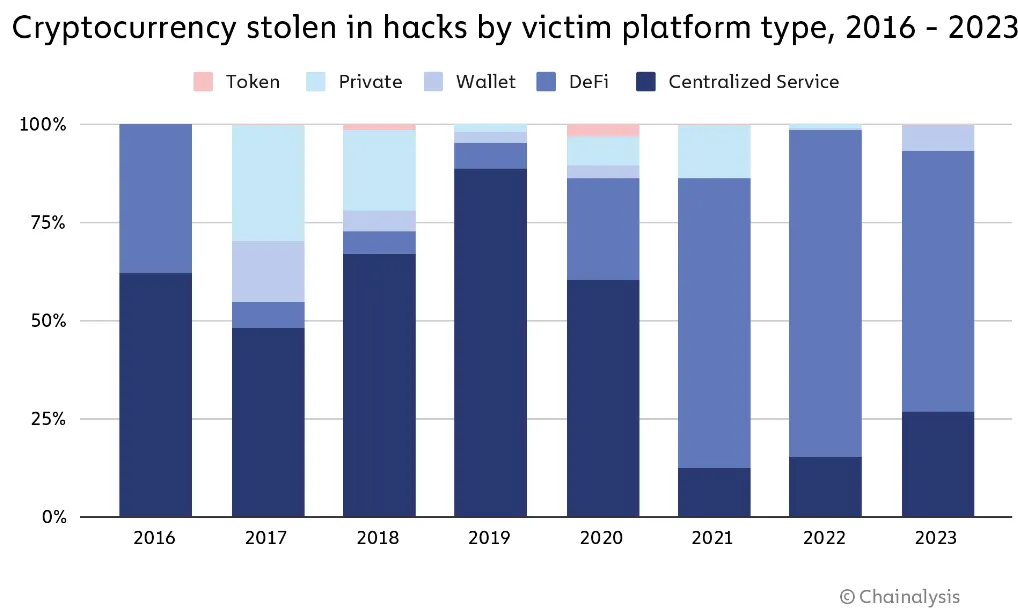
In the realm of crypto wallets, security is as crucial as convenience. The ideal balance between the two is what turns a good wallet into a great one. One of the hallmarks of a secure wallet is the implementation of two-factor authentication (2FA). This method requires two distinct forms of identification to access the wallet, providing an additional layer of security. Various 2FA methods are used, ranging from:
- one-time SMS codes
- email verification
- fingerprint or facial recognition
- hardware tokens
These methods ensure that only authorized individuals can access the wallet and protect your digital assets.
The use of seed phrases as a backup strategy is also crucial. These phrases allow users to regenerate their wallet’s private keys and access funds even if the initial device is lost, damaged, or stolen.
On the convenience side, cross-platform compatibility is key. The Exodus wallet exemplifies this by integrating its desktop and mobile platforms with Trezor hardware, promoting convenient and secure asset management.
Bitcoin Wallets Compared: Features Face-Off
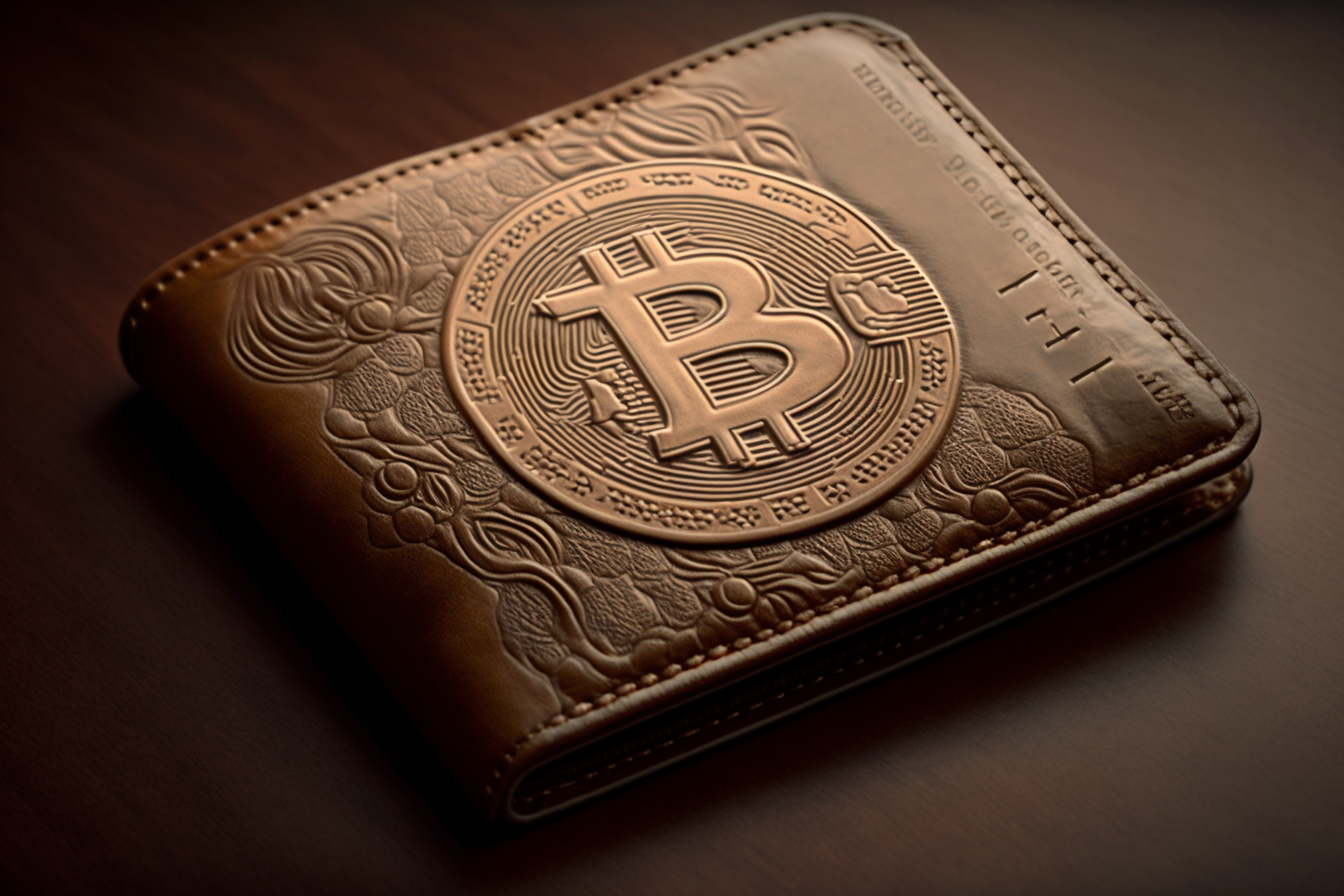
To truly understand the capabilities of the leading Bitcoin wallets, we’ll compare their features directly. When it comes to diversity in supported cryptocurrencies, both Trezor Model T and Ledger Nano X stand out. The former supports an extensive range of cryptocurrencies, far exceeding Bitcoin alone. The Ledger Nano X, on the other hand, supports more than 5,500 coins and tokens, ensuring users have access to a vast array of digital assets.
Transaction fees are another crucial factor to consider. For Ethereum transactions on Ledger Live, users can set the gas price and gas limit to manage transaction costs with advanced control. The Ledger Nano X also allows users to select their preferred network fees, which influences the transaction processing speed on the blockchain.
Finally, consider the user interface. Ledger Live provides both standard and advanced interfaces for fee settings, catering to both novice and experienced users. It also offers options for users to engage in staking and yield farming, providing potential income on their holdings.
User Experience Spotlight: Navigating Wallet Interfaces
The user experience plays a vital role when choosing a Bitcoin wallet. Exodus, for instance, offers device synchronization and is compatible with Trezor hardware wallets, allowing both convenience and enhanced security for desktop wallet users.
The Trezor Model T also offers an enhanced user experience. Users can manage a variety of functions such as transferring, trading, and managing cryptocurrencies directly from the device.
Customer support is another critical aspect of a great user experience. The Exodus wallet provides 24/7 customer support through:
- Live chat
- A comprehensive knowledge base
- Searchable FAQ
- Social media channels
The wallet’s interface is also designed to be aesthetically pleasing and user-friendly, suitable for both newcomers and experienced users in the cryptocurrency space.
The Evolution of Bitcoin Wallet Technology
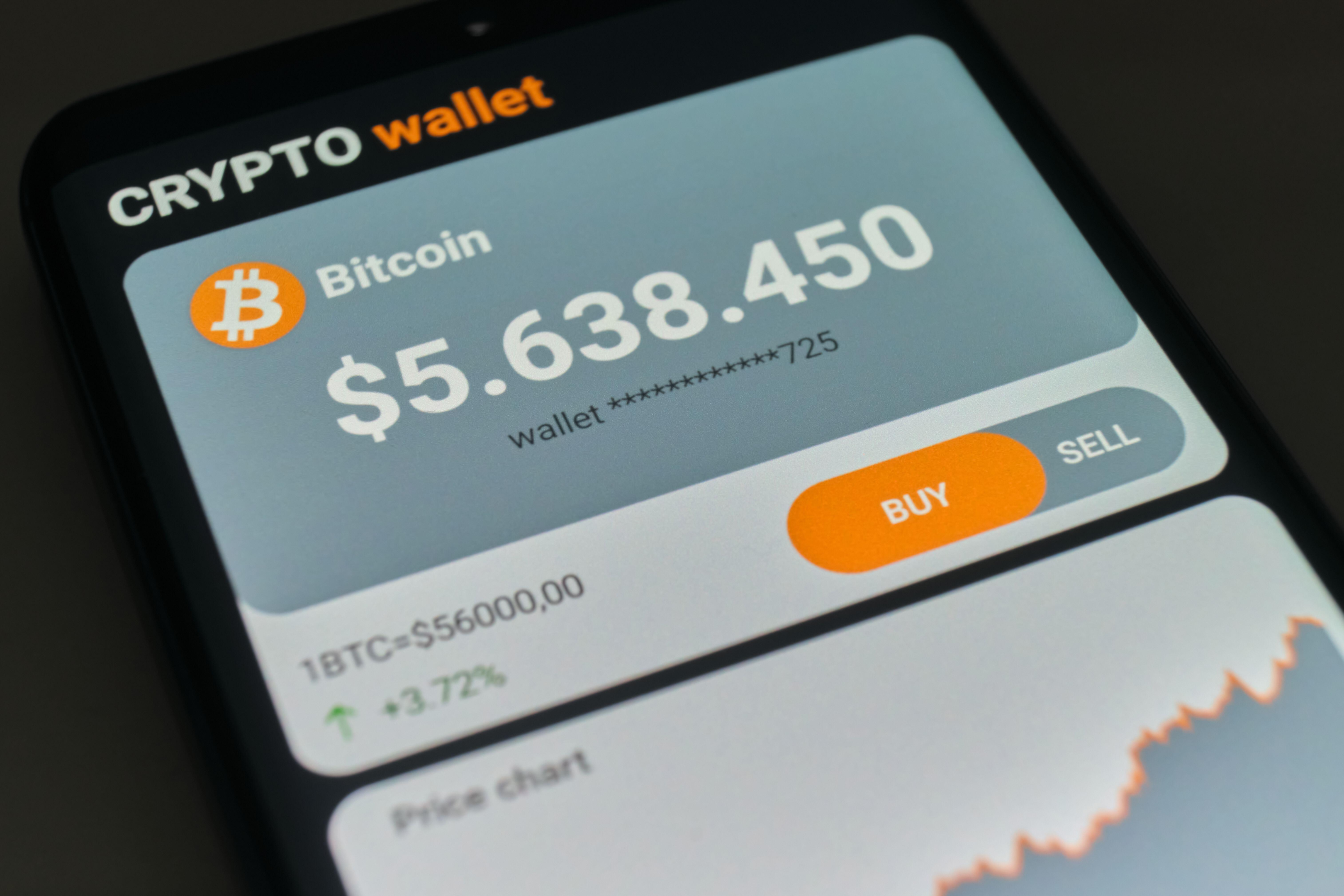
The technology powering Bitcoin wallets continues to evolve alongside the burgeoning crypto industry. One significant step forward in personal and robust security is the use of biometric authentication. Wallets are now incorporating features like:
- Fingerprint scanners
- Facial recognition
- Iris and retinal scanners
- Voice recognition
These advancements make Bitcoin wallets more secure than ever.
One wallet that has pioneered high-security features is the Armory wallet. This Bitcoin-only desktop environment offers advancements such as multi-signature support and offline transaction management, setting the bar high for other wallets.
However, it’s not just about enhancing security. Wallets are also becoming more user-friendly, with features like touchscreens on hardware wallets and intuitive interfaces on software wallets. Whether you’re a seasoned crypto enthusiast or a newcomer to the space, there’s a wallet out there that suits your needs.
Protecting Your Investment: Cold Storage vs. Hot Wallets
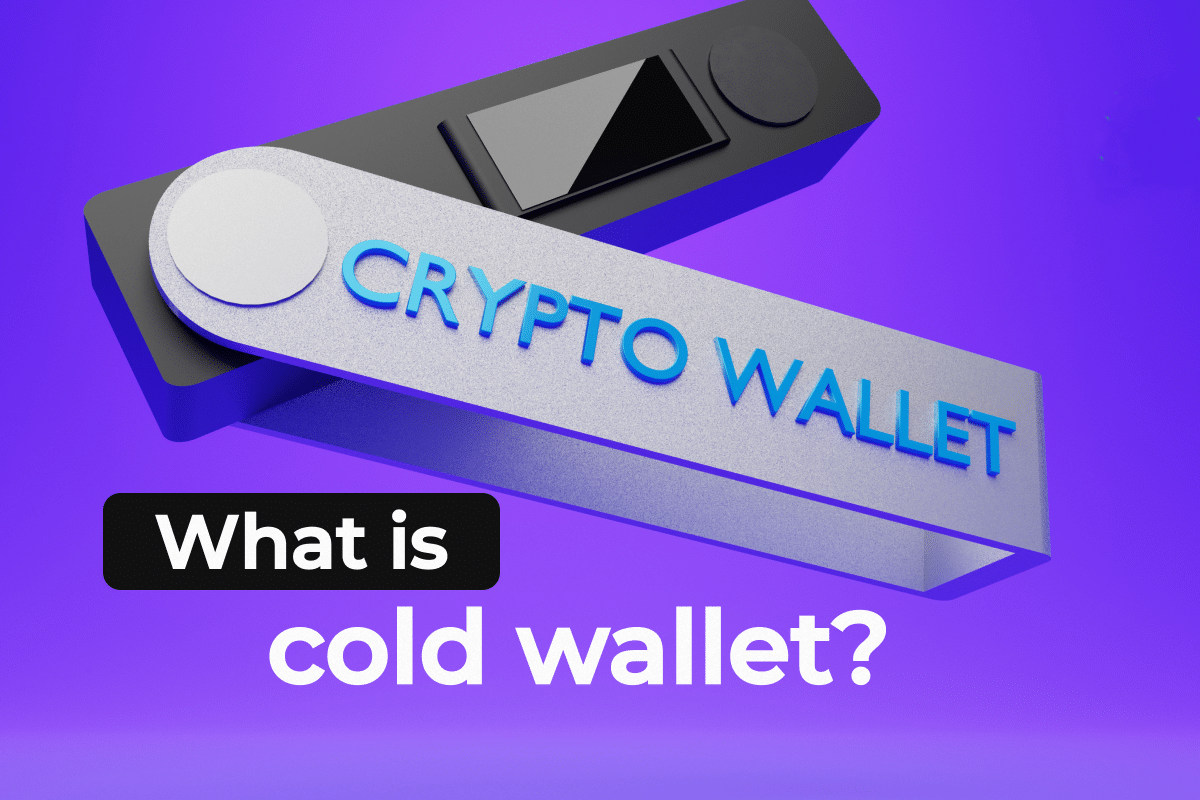
The debate over the best way to secure cryptocurrencies often centers on cold storage versus hot wallets. Cold storage involves keeping your cryptocurrency keys offline in devices like hardware wallets or paper wallets. This method enhances safety against online threats, making it the recommended option for long-term cryptocurrency investments.
However, cold storage comes with its challenges. Users must carefully manage their cold wallet, specifically their hardware wallets, and take precautionary measures to ensure the protection of private keys and the ability to recover funds if the hardware is lost or damaged.
Hot wallets, on the other hand, offer the convenience of easy access and quick transactions. Integrating hot wallets with cold storage solutions, such as using services like Trust Wallet in conjunction with hardware wallets like Ledger Nano X or Trezor Model T, creates a hybrid approach. This method secures long-term investments while still allowing for convenient access to funds.
The Custodial Conundrum: Trusting Third Parties with Your Bitcoin
Choosing between custodial and non-custodial wallets often involves a delicate balance between ease of use and maintaining control. Custodial wallets offer the convenience of easy fund recovery in case of lost login credentials, with service providers able to retrieve users’ private keys. However, they pose a risk of theft as the assets are held by another entity, which could lead to loss if there is a security incident or the entity goes out of business.
On the other hand, non-custodial wallets empower users with complete control over their private keys and thus their cryptocurrency holdings. Exodus is an example of a non-custodial wallet, granting full control of private keys to the user. However, this comes with the responsibility of managing and securing their cryptocurrency assets personally.
The risk of non-recovery is a major concern with self-custodial wallets. If private keys are lost, there is no recovery option, leading to a possible permanent loss of funds.
Ultimately, the choice between custodial and non-custodial wallets depends on user preferences, with custodial wallets offering easier use and backup options, while non-custodial wallets offer full control over private keys.
The Future of Money Management: Wallet Integration with Crypto Ecosystems
Digital money management is the future, driven by the integration of digital wallet solutions with broader crypto ecosystems. Bitcoin wallets facilitate DeFi interactions by enabling users to connect their wallets to DeFi protocols on various websites for token lending, borrowing, or trading. Wallet extensions like MetaMask and protocols such as WalletConnect provide pathways for users to interact seamlessly with DeFi across different blockchains.
However, users must individually enable tokens within DeFi services, usually incurring a connection fee to facilitate transactions. DeFi asset management platforms offer users a unified interface to manage and optimize their capital across various DeFi products.
In addition to DeFi, wallets are also integrating with NFT marketplaces and supporting cross-chain transactions. For instance, the XDEFI wallet supports storage, swapping, and sending assets over 30 different blockchains, expanding users’ access to the entire dApp ecosystem. Meanwhile, the Exodus wallet supports NFTs on Ethereum, Solana, and Algorand networks, using WalletConnect for additional functionalities with dApps like Uniswap and Compound.
Keeping Up with Compliance: Wallets and Regulatory Considerations
With the maturing crypto landscape, wallet providers must increasingly pay attention to regulatory considerations. In the United States, for instance, crypto wallets are required to be registered with the Financial Crimes Enforcement Network (FinCEN). In the European Union, crypto wallets need to comply with the 5th Anti-Money Laundering Directive (5AMLD).
Wallet providers are also implementing Know Your Customer (KYC) procedures, which involve collecting documents and personal data for identity verification. These processes may include:
- checks against sanctions and watchlists
- assessing each user’s risk profile
- requiring details about the source of funds or transaction history in the KYC process to confirm the legitimacy of transactions.
However, it’s important to note that regulations for crypto wallets can vary significantly by country and jurisdiction. Non-custodial wallets usually do not require KYC unless voluntarily implemented by the provider. Some crypto exchanges and wallet providers voluntarily implement KYC to prevent fraud and illegal activities, even where not legally required.
Maximizing Your Crypto: Wallets That Support Diverse Crypto Portfolios
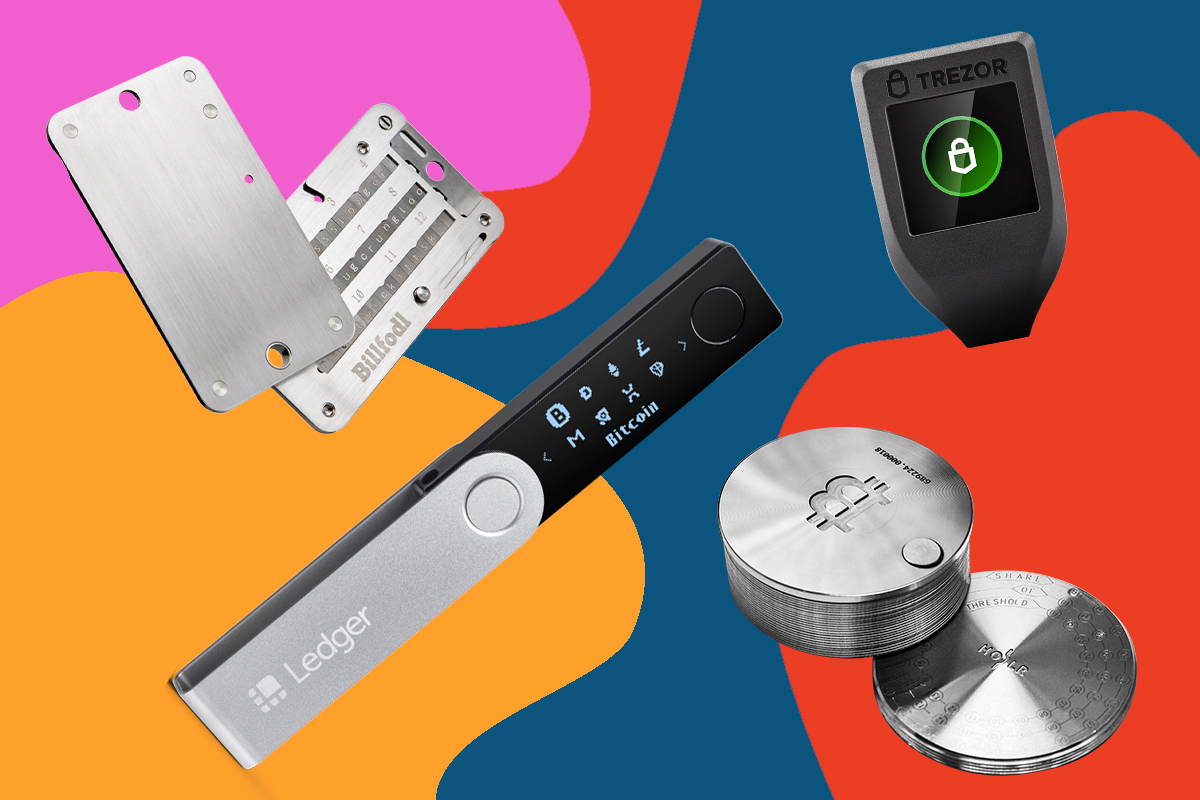
Crypto enthusiasts with varied portfolios need a wallet capable of supporting a broad spectrum of cryptocurrencies. The Trezor Model T, for example, supports over 9,000 coins and tokens, including compatibility with various ERC-20 tokens, multiple third-party wallets, and platforms. Exodus wallet also boasts support for over 250 different cryptocurrencies across various blockchain standards, offering a vast selection for users.
Other wallets, such as the CoinPayments wallet, cater to the need for diversity in crypto portfolios by supporting 2310+ digital assets along with a Crypto Vault for increased security. Meanwhile, the XDEFI wallet stands out for those who interact with multiple blockchains by offering support for several chains along with KYC-free cross-chain swaps.
The Atomic Wallet, supporting over 500 coins and tokens, and the Guarda Wallet, capable of storing more than 50 major blockchains and over 400,000 tokens, also make it exceptionally suitable for a wide asset array. Coinomi, recognized as the oldest multi-asset wallet, extends its services beyond crypto asset management to include:
- 24/7 live support
- Cold staking
- Built-in exchange
- Multiple fiat currency support.
Ensuring Access: Recovery Options and Backup Protocols
To avoid losing access to your cryptocurrencies, you must have reliable recovery options and backup protocols in place. Recovery phrases, also known as seed phrases or backup phrases, are crucial for restoring access to a wallet’s assets if primary access is lost. These phrases, typically ranging from 12 to 24 words, are designed to be easier to manage than the original cryptographic keys.
However, it’s imperative to store recovery phrases securely and keep them offline to prevent theft of cryptocurrencies. Recovery processes vary between wallets, with the Ledger Nano X, for instance, requiring users to select ‘Restore using Ledger Recover’ on a new or reset device and confirm their identity securely via the Ledger Live app.
Cloud services also provide an alternative backup with encryption of wallet data and storage on platforms like Google Drive or Apple iCloud. Restoring a wallet with cloud backup simplifies the process by using cloud account login and a password, compared to manually inputting a recovery phrase.
Connectivity and Compatibility: Wallets for Every Device
As the crypto space matures, the demand for connectivity and compatibility also grows. Crypto wallets offer mobile apps, desktop software, and browser extensions to support a range of devices and operating systems, including iOS, Android, Windows, Mac, and Linux.
Exodus Wallet, for example, supports cross-device synchronization and Trezor Hardware Wallet integration, delivering enhanced security on the desktop platform. Ledger also offers the Ledger Live desktop app, allowing users to manage their crypto assets and engage in activities such as staking and managing NFTs.
While some desktop wallets provide mobile apps for convenience, experts generally recommend prioritizing security by sticking with desktop access. With the rise of mobile technology and the demand for on-the-go access to digital assets, the future will likely see an increase in mobile-friendly wallet options.
Navigating Network Fees: Understanding Wallet Transaction Costs
Many users find wallet transaction costs perplexing. Bitcoin transaction fees are paid to miners for including transactions in the blockchain. The amount is decided by the sender and expressed in satoshis per virtual byte (sat/vB). Interestingly, larger Bitcoin transactions can be cost-effective, as fees are based on transaction size in bytes rather than the amount of Bitcoin sent.
Online tools like mempool.space can help users calculate optimal transaction fees based on desired confirmation speed. Transaction fees can be reduced by transacting during less busy times, checking the mempool, and optimizing the transaction size. Also, the Lightning Network enables fast, minimal-fee transactions by creating payment channels off the main Bitcoin blockchain.
Self-custodial wallets like Exodus generally offer lower transaction fees by eliminating central servers and third-party services. However, Exodus applies additional fees up to 5.45% when users buy cryptocurrencies using fiat through services like Ramp. It is always advisable to confirm current withdrawal fees before initiating transactions to ensure there are no unexpected costs which could affect profitability.
Summary
In the ever-evolving landscape of cryptocurrencies, securing your digital assets is paramount. The right Bitcoin wallet can make all the difference. From the robust security of Ledger Nano X and Trezor Model T to the convenience and versatility of Exodus, each wallet offers unique features that cater to different user needs.
As you navigate the dynamic crypto space, remember the importance of security, convenience, and regulatory considerations. Stay informed about technological advancements, understand the costs associated with transactions, and choose a wallet that suits your needs. The future of money management is digital, and with the right tools at your disposal, you’re well-equipped to navigate this exciting frontier.
Frequently Asked Questions
What is two-factor authentication in crypto wallets?
Two-factor authentication in crypto wallets is a security measure that requires two forms of identification for account access, providing an extra layer of protection for your assets.
What is the difference between cold storage and hot wallets?
Cold storage keeps cryptocurrency keys offline for enhanced safety, while hot wallets are connected to the internet for easy access and quick transactions. Choose based on your security and accessibility needs.
What is the difference between custodial and non-custodial wallets?
The main difference is that custodial wallets allow service providers to recover lost login credentials, while non-custodial wallets give users full control over their private keys and cryptocurrency holdings. This puts the user in complete control of their funds.
How do wallets integrate with crypto ecosystems?
Wallets integrate with crypto ecosystems by allowing users to connect to DeFi protocols for trading, lending, and borrowing, as well as supporting NFTs and cross-chain transactions. This provides a seamless and efficient experience for managing digital assets.
What are the regulatory considerations for crypto wallets?
To comply with regulatory considerations, crypto wallets must adhere to regional regulations like FinCEN in the U.S. and 5AMLD in the EU, and implement KYC procedures for identity verification. This helps ensure compliance and security.

